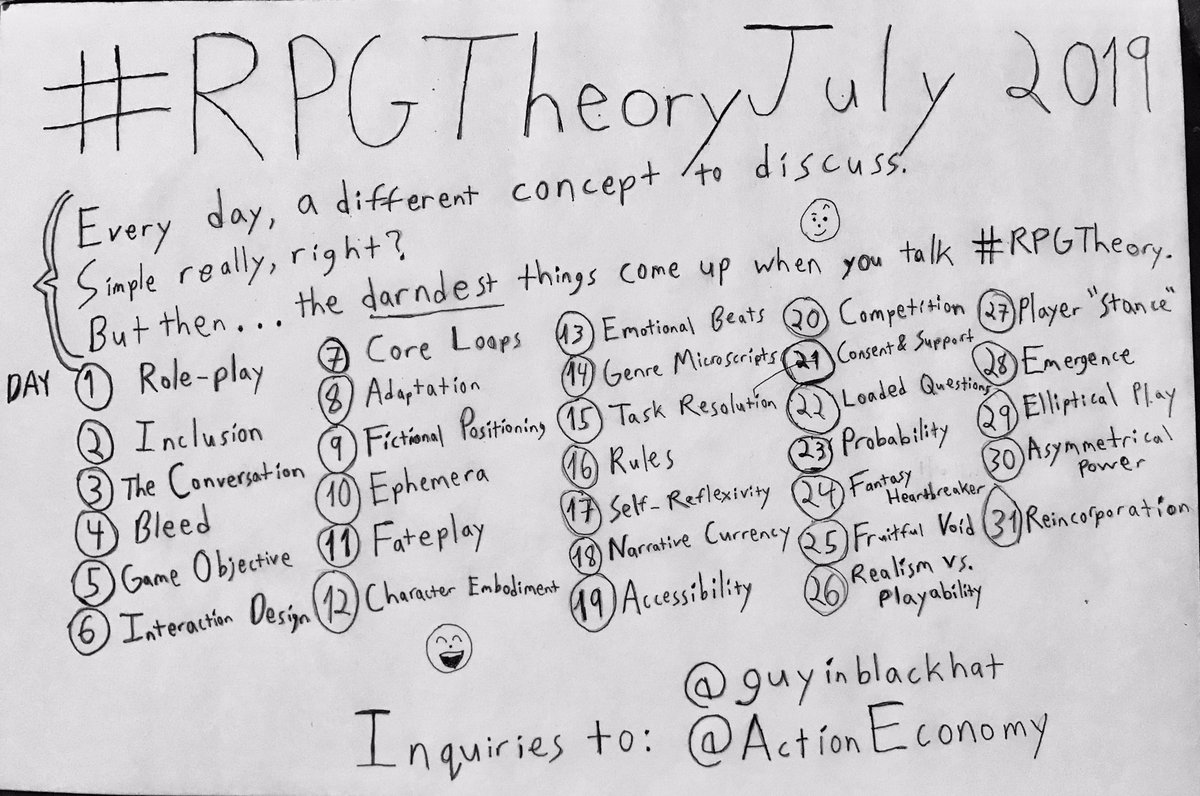The Fruitful Void is the space in which your own imagination gets to do its stuff. There are lots of elements in an RPG that take away your possibilities, as soon as you choose one class or profession for example you have excluded many options, pick a race and that takes away options. You have a probability of success and of failure and they define what you can and cannot do. Put a genre and a setting into the game and that also limits your options.
The more things that are known the less space there is for your imagination to take over.
The amount of void you give, as game designer, will have a huge impact on your games style of play. Fate for example has few rules and even the setting and genre are undefined until play starts. The players and GM can start to fill the void (fruitfully) but creating a collaborative setting. That is the void being used by design in a constructive way.
The down side of the void is when there are unintended gaps in the rules and the GM is left having to try and fill the void in isolation to keep the game on track. That is far from ideal.
From a solo play perspective the Oracle harnesses the fruitful void with every roll. If you think of the story so far being one side of a square, the game rules is another. The Oracle result provides a third side, you have an answer, it is known and it is now a fact in the game but what does that answer mean. This has you filling a micro-void, the meaning of the answer, with every oracle question.
Fruitful voids are the natural home of both improvisation and of exploitation. Just because rules do not explicitly say that you cannot do something doesn’t mean you should do it. In group play there will always be players who want to ‘win’ or be the best and if that is how they get their kicks and it doesn’t upset the other players or GM then that is fine. Could you do this and should you do this are two very different questions!
